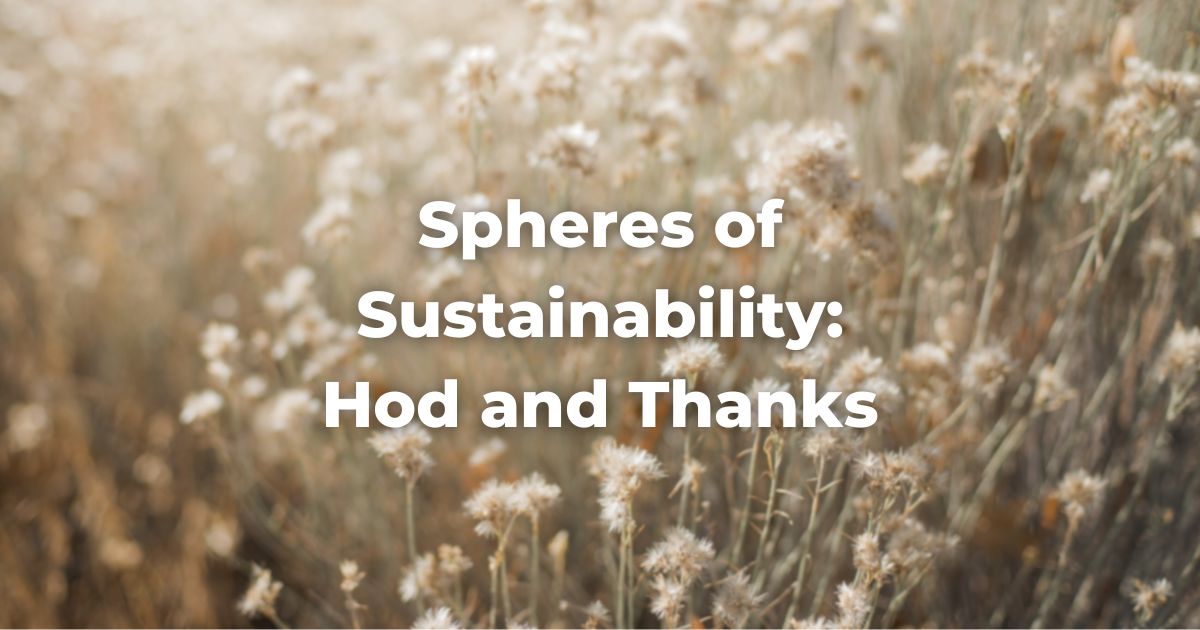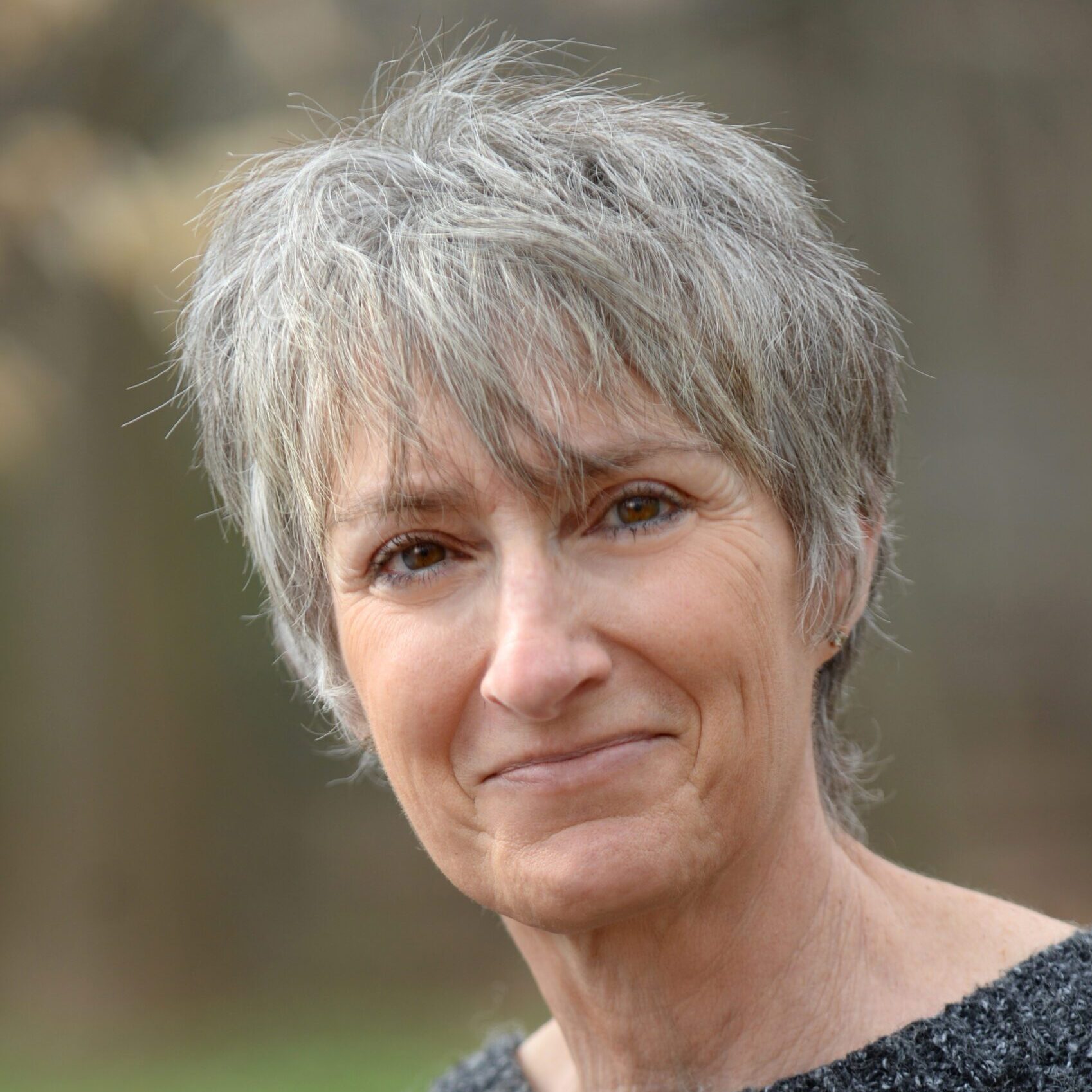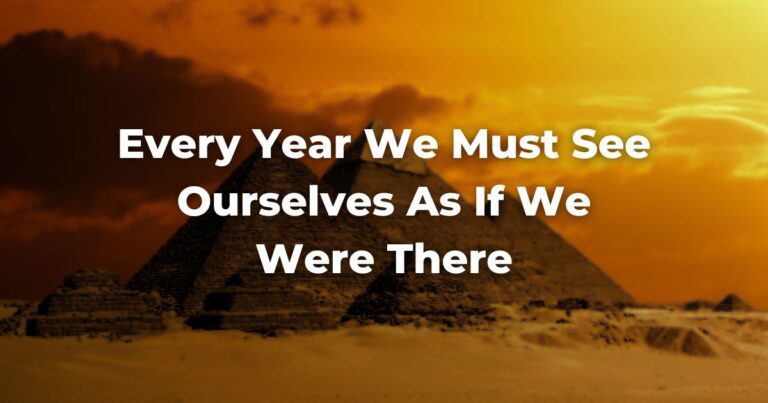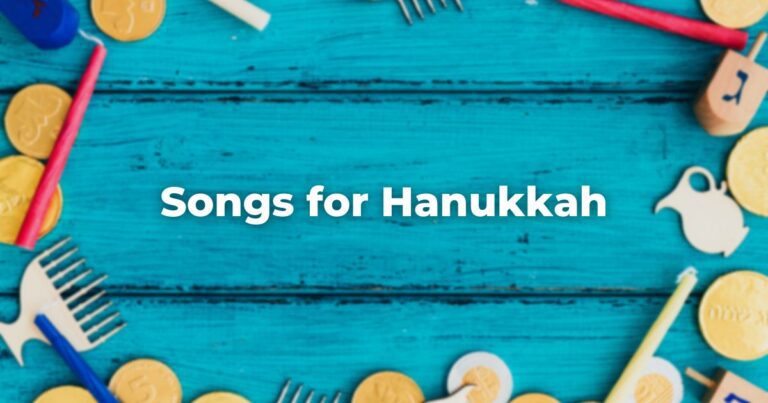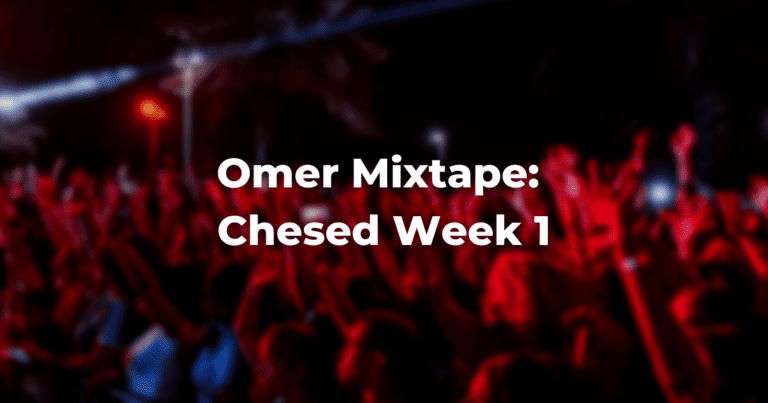Each week during the period of the Omer, the seven weeks between Passover and Shavuot, we can deepen our collective actions for caring for the earth. These teachings are disciplines that speak to the head, heart, and hand, corresponding to the three pillars on which the world stands: TorahRefers to the first five books of the Hebrew Bible, the Tanakh, also called the Five Books of Moses, Pentateuch or the Hebrew equivalent, Humash. This is also called the Written Torah. The term may also refer to teachings that expound on Jewish tradition. Read more (Learning), AvodahOriginally understood as Temple service, but expanded to mean any service to God.
Related to: gemilut hasadim. See Pirkei Avot 1:2 Read more (service), and Gemilut HasadimPerforming acts of kindness (hesed).
Often drawn from Pirkei Avot 1:2, “the world stands upon three things: the Torah, the Temple service (avodah), and the practice of acts of piety (gemilut hasadim).” Read more (lovingkindness) (Pirkei Avot 1:2). Take these words, share them, teach them, adapt them, pursue them. Check out the full series here.
The fifth week of the Omer is defined by Hod, the inner beauty and splendor of life that animates all physical beings.
Hod gathers the attributes from the sefirot above and pours their life-giving essence into Yesod (the sefirah of next week). We know Hod not by direct observation but through its abundant exterior manifestations in the world all around us: the vibrant, persistent, unrelenting audacity of life.
And in response, we offer thanks which is appropriate, for Hod also forms the core of the Hebrew word for thanks, hoda’ah.
This week is a good week for giving thanks, for it was in this fifth week on the way to Sinai that the manna first descended to feed the Israelites. It appeared with the dew every morning (except for Shabbat), ready to be gathered and eaten.
Everyone gathered as much as they needed, enough for each to be satisfied. But manna did not allow for gluttony. Any excess manna gathered would rot.
Manna sustained the Israelites across their forty-year trek through the desert, ceasing only when they entered the Land of Israel. It offered lessons of enoughness and trust. While manna is no more, we continue to live off the miracle of the good earth that continually provides for us, as much as we need, as long as we too are not gluttonous.
Perhaps that is how we can understand the blessing before meals: “Blessed are you God … who brings forth bread from the earth.” Just as manna was a miracle brought forth from the earth, so too our daily food is a miracle brought forth from the earth. So long as we treat it well.
Head
Blessings abound. They are all around us. If we look beyond the here-and-now, past that which is most immediate, we can see not just what is, but how it came to be. And the awe of that can lead us to be truly grateful. Ben Zoma, a 2nd-century sage, was renowned for his everyday gratitude for this very reason.
A story is told of him in Berakhot 58a:
Ben Zoma once saw a multitude of people at the Temple Mount and said, “Blessed is the One Who knows all secrets and Blessed is the One Who created all these to serve me.”
That is, he explained: “How much effort Adam had to exert before he had bread to eat! He plowed, sowed, reaped, sheaved, threshed, winnowed in the wind, separated the grain from the chaff, ground the grain into flour, sifted, kneaded, and baked and only thereafter he ate. And I, on the other hand, wake up and find all of these done for me.
“And how much effort Adam had to exert before he had a garment to wear! He sheared, laundered, combed, spun and wove, and only thereafter he found a garment to wear. And I, on the other hand, wake up and find all of these done for me.”
Through the blending of nature and human ingenuity, we thrive.
Heart
Expressions of gratitude are not just ways to thank the giver. They amplify feelings of appreciation in the recipient as well.
Each day this week, find something new to be grateful for.
It could be for clean water that flows from your taps: Or the many hands over the centuries that built the cities; or the inventor who made paper clips or doorknobs or locks; or for the fragrance of the season’s flowers; or the chorus of bird calls; or the human mind that is working to power a regenerative world.
And say out loud, “Thanks.”
Hand
Many of us have more things than we need.
More shirts, more shoes, more toys, more stuff. Our closets harbor items we haven’t seen or worn in years.
Use this week to begin to assess how much you really need: how much you can readily – even perhaps happily – do without. Consider donating some of your excess to a local resale or consignment shop. Check to see if you have a “buy nothing” group or other gift economy program in your neighborhood.
Reimagine what “enough” means for you.
Author
-

Rabbi Nina Beth Cardin is the Chair of the Sustainability Committee of the Social Justice Commission of the Masorti Movement and the co-author (with her husband, Rabbi Avram Israel Reisner) of the Conservative Movement's teshuvah on sustainability. She has worked in the field of environmental advocacy for over twenty years, most recently promoting environmental human rights and intergenerational environmental equity for all.
View all posts

